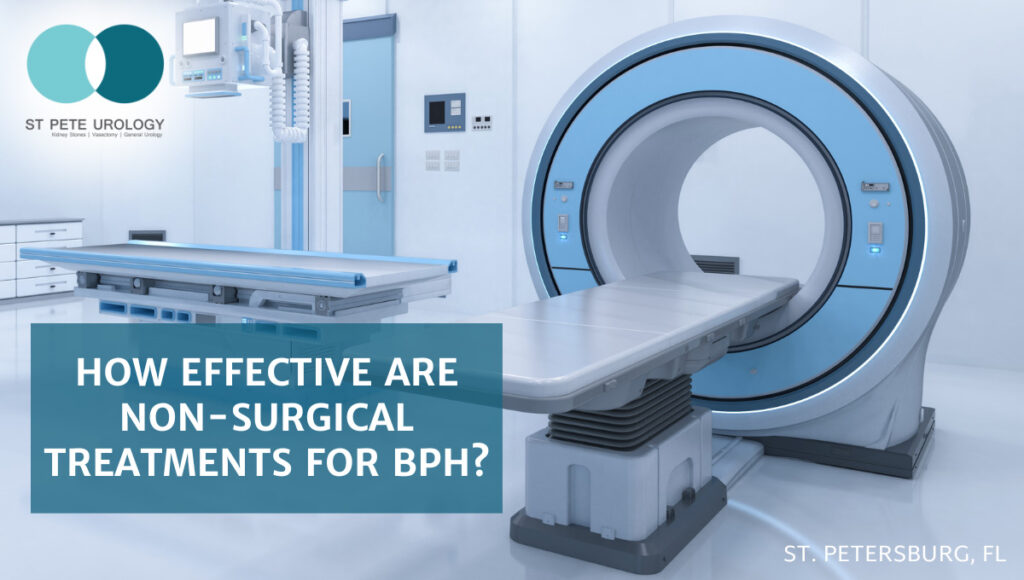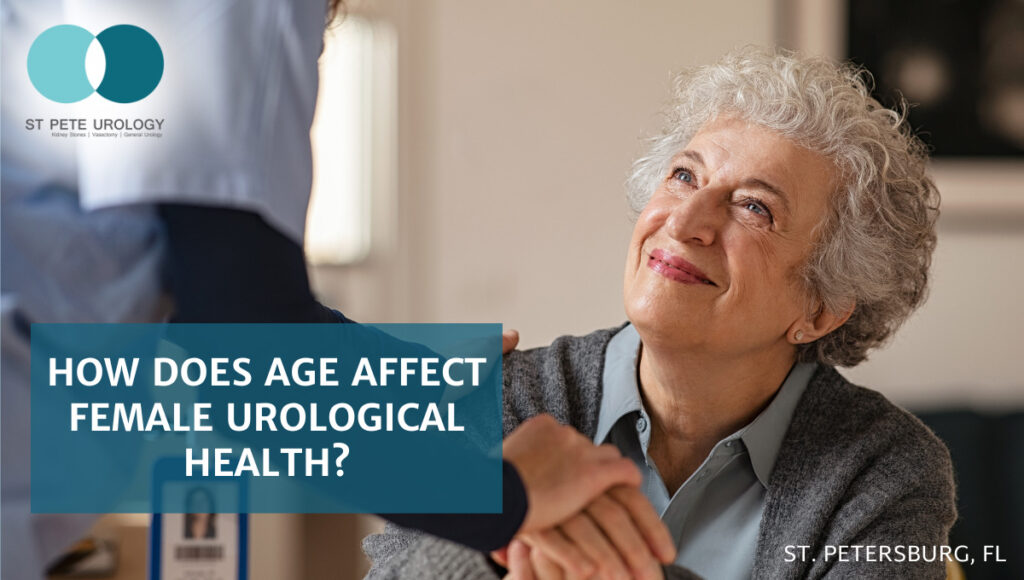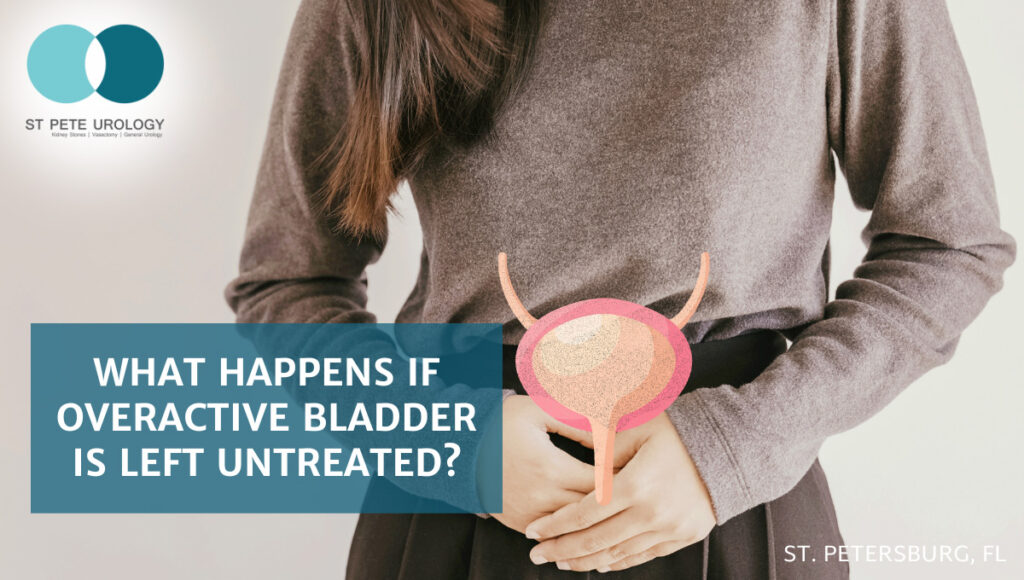Key Takeaways:
1. Overactive bladder (OAB) is a combination of symptoms involving sudden and urgent need to urinate.
2. Treating overactive bladder requires a comprehensive approach involving lifestyle changes and medical treatments.
3. Possible medical treatments include medications, bladder retraining and surgery, while lifestyle changes involve limiting fluid intake, avoiding bladder irritants and scheduling regular bathroom breaks.
Introduction


Causes of Overactive Bladder
There are several underlying causes of OAB that can be divided into anatomical and neurological. Anatomically, OAB can occur when the bladder has an abnormal size or shape. In some cases, the bladder may be structurally too small to hold the amount of urine produced. This can lead to frequent and urgent urination. In other cases, the bladder may not contract correctly or muscles may be too tight, causing OAB. Neuromuscular or neurologic conditions, such as Multiple Sclerosis, Parkinson’s Disease or stroke, can also contribute to OAB symptoms. Lastly, dietary habits can play a role in OAB. Bladder irritant foods and drinks such as caffeine, acidic fruit juices, or alcohol can exacerbate or cause overactive bladder.
Medical Treatments for Overactive Bladder
Since overactive bladder can be caused by a variety of underlying factors, different treatment methods are available. Medications are often the first line of treatment and they work by increasing the capacity of the bladder, calming bladder contractions and weakening the urge to urinate. Anticholinergic medications, like oxybutynin, genifan, and tollcan, are some common OAB medications. In cases where medications don’t adequately reduce symptoms, bladder retraining may be needed. Bladder retraining is a type of physical therapy that teaches proper voiding techniques and can help you maintain control of your bladder. Lastly, more severe cases of OAB can be treated surgically. Procedures such as botox injections, nerve stimulation, and sacral neuromodulation all work to reduce the frequency and urgency of urination.
Lifestyle Changes to Help Manage Overactive Bladder
Making lifestyle changes can also help manage OAB symptoms. Limiting the amount of fluids you drink and avoiding foods and drinks that can irritate your bladder is one way to reduce symptoms. Scheduling regular bathroom breaks can also help as it gives you an opportunity to empty your bladder when it is full. Lastly, performing pelvic floor muscle exercises can help strengthen and relax the muscles in the pelvis and can be used in combination with medications or other treatments.
Conclusion
In conclusion, overactive bladder is a condition that can have a range of underlying causes. Treating OAB requires a comprehensive approach that combines both lifestyle changes and medical treatments. Medications, bladder retraining, and surgery are all viable medical treatment options. Lifestyle changes such as limiting fluids, avoiding bladder irritants and scheduling regular bathroom breaks can also help reduce symptoms. If lifestyle changes and medical treatments don’t provide relief, it is important to seek professional help.
At St Pete Urology, our board-certified urologists are dedicated to helping our patients overcome overactive bladder and other urological symptoms. Our goal is to provide the highest quality of care in the diagnosis, prevention and treatment of urinary conditions to all the patients we serve. To learn more, contact the St Pete Urology office today and start on your journey to better bladder health.
References:
- “Urinary tract infection (UTI) – Diagnosis and treatment – Mayo Clinic.” 14 Sep. 2022, https://www.mayoclinic.org/diseases-conditions/urinary-tract-infection/diagnosis-treatment/drc-20353453.
- “Treatment Options for Overactive Bladder – WebMD.” 28 Sep. 2021, https://www.webmd.com/urinary-incontinence-oab/overactive-bladder-treatment-finding-best-options.
- “Overactive Bladder (OAB): Symptoms, Diagnosis & Treatment.” https://www.urologyhealth.org/urology-a-z/o/overactive-bladder-(oab).




